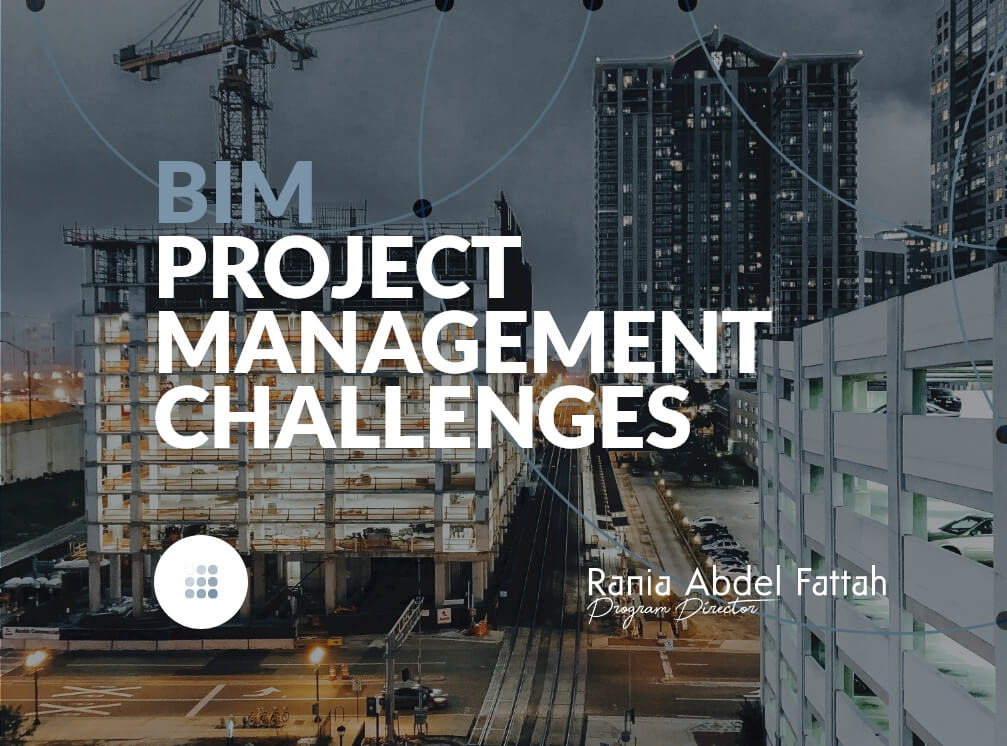faqs
BIM Project Management refers to the use of Building Information Modeling (BIM) in the management and execution of construction projects. BIM is a digital representation of a building or infrastructure project that incorporates geometry, spatial relationships, and data. BIM Project Management involves leveraging BIM technology and processes to streamline project planning, design coordination, construction sequencing, cost estimation, and project scheduling.
BIM Project Management enables improved collaboration and communication among project stakeholders, including architects, engineers, contractors, and owners. It allows for better visualization of the project, clash detection, and coordination of different disciplines, reducing errors and rework during construction. BIM also facilitates data-driven decision-making, leading to more efficient project delivery, cost savings, and improved project outcomes.
BIM Asset Management refers to the integration of Building Information Modeling (BIM) and asset management practices. BIM is a digital representation of a built asset that facilitates design, construction, and operation processes. Asset management encompasses the lifecycle management of physical assets, including maintenance, operations, and decision-making. The combination of BIM and asset management allows for improved efficiency and efficacy in managing building and facility assets. By utilizing BIM models as a key tool, asset management information systems can be effectively implemented, enabling better decision-making and optimizing the lifecycle management of assets.
BIM Project Management offers several benefits, including improved collaboration and communication among project stakeholders, enhanced visualization and clash detection, reduced errors and rework, better cost estimation and scheduling, and increased overall project efficiency and quality.
BIM facilitates collaboration by providing a centralized platform for all project stakeholders to access and share project information in real-time. It allows for better coordination among different disciplines, streamlines communication, and enables effective resolution of conflicts and clashes during the design and construction phases.
Yes, BIM can significantly assist with cost estimation and scheduling. By utilizing the data-rich BIM models, project managers can extract accurate quantities, analyze material costs, and create detailed schedules based on the virtual construction process. This helps in identifying potential issues beforehand, optimizing resource allocation, and improving project cost control and scheduling accuracy.
BIM Project Management improves project outcomes by enhancing collaboration, reducing errors and rework, optimizing resource allocation, improving cost control, and enabling data-driven decision-making. It leads to more efficient project delivery, cost savings, improved construction quality, and better overall project performance.
BIM Project Managers should possess a combination of technical and managerial skills. They should have a strong understanding of BIM technology, project management principles, construction processes, and industry standards. Additionally, communication, collaboration, problem-solving, and leadership skills are essential for effective BIM Project Management.
Implementing BIM Project Management requires a combination of technological, process, and organizational changes. It involves investing in BIM software and tools, providing training and education to staff, defining BIM standards and protocols, establishing effective collaboration workflows, and fostering a culture of collaboration and innovation within the organization.



